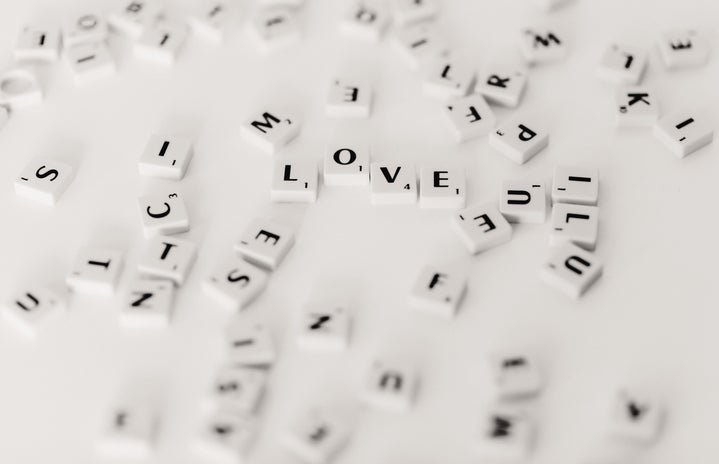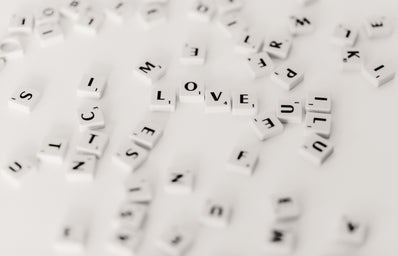What if your dream job could get you your dream guy? For journalists, this trend exists, at least in the world of romantic comedies. A quick content analysis of the top 100 grossing romantic comedies reveals that over ten percent of female protagonists are journalists, a percentage that puts journalists in the majority over doctors, prostitutes and those whose professions aren’t even mentioned. As a journalist myself, I’ve attempted to theorize about the reason this trend exists. I’ve based my theories on two assumptions. The first: romantic comedies cater to a primarily female audience. The second: screenwriting, directing and producing are still dominated by males.
Theory 1: Interviewing allows the female journalist to come in close contact with notable men they can fawn over.
A woman needs to writes a story about a famous sports doctor (Trainwreck), a suave ad executive (How to Lose a Guy in 10 Days), an elusive pick-up artist (Hitch), a brand-new millionaire (Mr. Deeds) or some other alluring, impressive male figure. The woman talks personally with him one-on-one then treats him to dinner (Trainwreck), basically becomes his stalker (Hitch), or assumes a completely new identity (How to Lose a Guy in 10 Days and Hitch) in order to get their story, falling head over heels for their subjects in the process. In any other profession, if a workplace romance takes place, the woman is usually a fawning underling crushing on the bossman (exception: The Proposal). In the journalist construction, the man is still heroized and a forbidden fruit, without the woman needing to be inferior. This dynamic appeals to women, but still exalts the male figure.
Theory 2: Journalists demonstrate the workaholic trope well.
The concreteness of deadlines, word counts and quotes do well to demonstrate the amount of work a journalist character does. In other professions, where responsibilities are not so clearly defined, the workaholic characterization requires more work to develop. The workaholic character allows the carefree, fun-loving gentleman character to swoop in and break her out of her shell. Furthermore, the hierarchy in journalism offices is clearly defined. The general public is familiar with the stylized general pecking order: coffee-fetching intern (Andrea of The Devil Wears Prada), overworked reporter (Josie of Never Been Kissed; literally so overworked she hasn’t had the time to find a guy to kiss), and glamorous yet often cutthroat editor (Jenna’s 30-year-old self in 13 Going on 30). The audience will have clear, shared understandings and expectations for characters in each of these roles. If said character should go for a promotion, the audience will have a shared expectation for what that promotion will be and what the work towards that goal will entail, in contrast to the jargon-titled positions and often lateral movement in other workplaces.
Theory 3: Journalists can play into any setting.
Most major media outlets are in major cities, which generally work well as settings for any story. If the screenwriter gets tired of writing about New York, he can send his female protagonist to work on her story in another location. Writing her into a job in which she travels too often would make her too unavailable to her male interest (though it’s fine if the man is unavailable). But the flexibility of journalism as a profession allows a variety of locations. Sally of When Harry Met Sally moved to New York to become a journalist just as Harry also moved to New York (naturally), and Carrie Bradshaw was the queen of New York studio apartments (Sex and the City). On the other hand, Babe Bennett returned to her fake small-town hometown of Winchestertonfield while working on her story (Mr. Deeds).
Theory 4: Journalists can be the foil character to staunchly honest, genuine men.
Many journalist characters are ruthless, conniving and downright dishonest characters in movies. When the female love interest in a romantic comedy lies in the process of getting her man, it only serves to highlight all that is honest and genuine about the male character (Hitch and Sara in Hitch; Babe and Deeds in Mr. Deeds). Women dream of men who don’t lie; male screenwriters and directors love to lightly villainize women.
Theory 5: Writers are hot.
Sexy office wear? Check. Charming enough to score and rock interviews? Check. Witty, smart and accomplished? Check. Who wouldn’t want to find romance with a writer?


